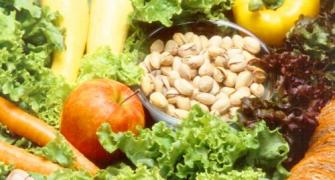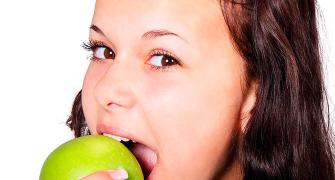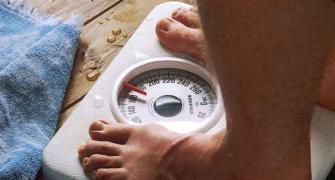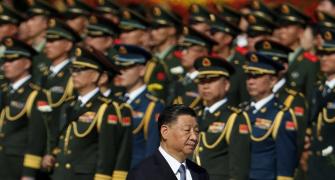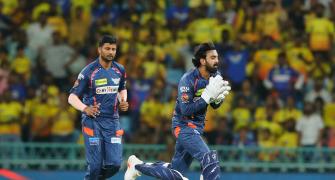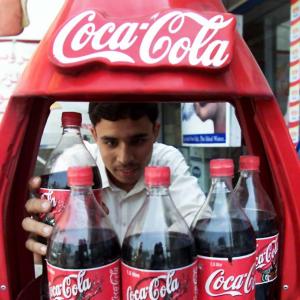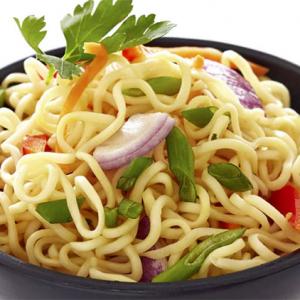As competition heats up, health drink brands like GSK, Mondelez, Nestle get more aggressive with promotions and promises. Sohini Das reports.
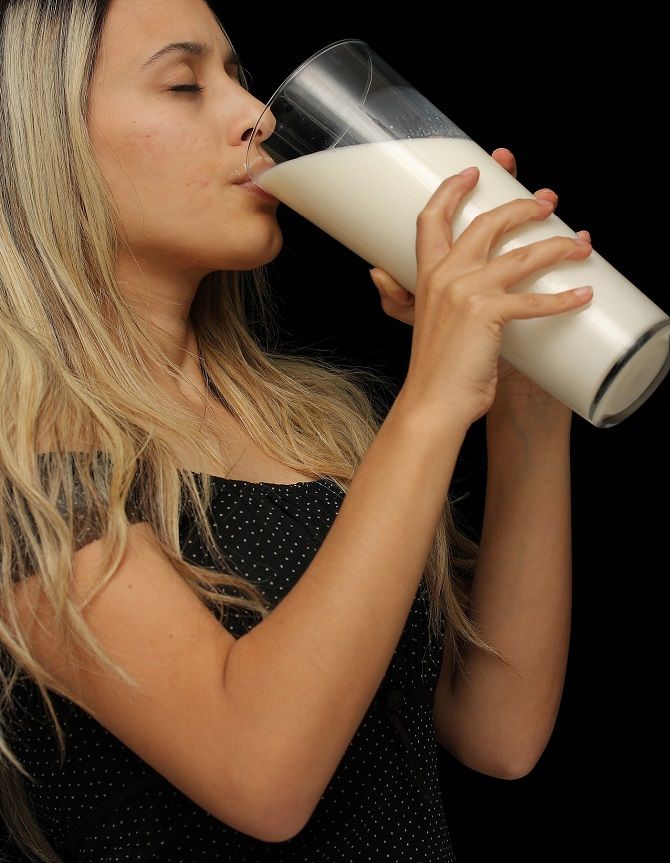
India is among the fastest growing markets for health drinks but, prosperity is a mixed blessing for the brands that control the ₹7,260-crore-category in the country. While increasing health consciousness among consumers is fueling growth, it is also drawing more players into its fold, thus making malt-based drink labels run faster to stay at the same spot.
Companies such as Nestle, GSK, Mondelez and others are casting their net wider for customers, introducing new products and rebooting communication strategies.
Popularly known as health drinks, the malt-based drink market has grown by 10 per cent in 2016 over the previous year; and in fact, 22 per cent from the 2014 levels. But market shares of leading brands in this category have remained flat.
Category leader Horlicks (a GSK Consumer Healthcare brand) saw its market share inch up to 51.8 per cent in 2016 compared to 51.4 per cent in 2015, as per data sourced from Euromonitor. GSK has three more brands in the list of top 10 health drinks in India; Boost, Maltova and Viva.
Apart from Maltova, the other brands tell a similar story when it comes to market shares.
The beginning of the year saw some action in the category when Nestle brought back health drink Milo, which it had discontinued about a decade ago and French multinational Danone SA launched Protinex Grow around February.
Danone SA was strategic in its choice of markets for the initial launch; Karnataka and West Bengal; together they constitute around 22 per cent of the total health food drinks (HFD) market in India. The company had said at the time of launch that it has aggressive product launch plans (10 launches lined up for this year), and aims to double its sales in the nutrition portfolio. In fact, it is eyeing a 10 per cent share of the market by 2020.
Horlicks has been the market leader for years, positioning itself around the planks of nostalgia and nutrition. But with competition from old hands such as Nestle and relatively new entrants into the market such as Danone, GSK Consumer Healthcare said recently that it is revamping the brand's communication strategy. It recently appointed a new ad agency FCB India in June-July this year for Horlicks, moving away from its long-time partner JWT India.
Jayant Singh, global lead, nutrition & digestive health category, GSK Consumer Healthcare said, "In keeping with the constantly evolving market conditions there is a need to adapt to connect with the new age consumer. We decided to reset our communication to best support Horlicks, challenging ourselves to ensure that we have the best insights, creativity and talent in line with our brand strategy as we embark on a new phase with the Horlicks brand."
Arvind Bhandari, general manager, dairy, Nestlé India, said that the health drink market is one of the rapidly growing markets in India, which is one of the largest markets for malted health drinks in the world.
The company had earlier tried to tap the market in India (which is estimated to be around 41 per cent of the global market) in 1996 with its brand Milo, targeted at kids and teens. The product was, however, discontinued. Nestle re-launched Milo in a ready-to-drink format and not in its earlier powdered version at an affordable price (₹30 for an 180 ml pack).
"The pricing has been determined keeping in mind the mass audience our product intends to cater. Our national advertising campaign positioned it as a brand that encourages participation in sports from an early stage in life," Bhandari said.
Milo has said that its ready to drink beverage has lower sugar with less than 10 grams of added sugar per pack.
Mondelez says that it is trying to reduce the go-to-time in the market for its brand Bournvita, by reducing inventory pipeline with distributors.
To cut through the clutter, brands are increasingly becoming careful about their core positioning. Bournvita chose to target the grandparent, often the daytime caretaker of children with working parents, in its ad.
Danone smartly reverses the roles; a teenage girl admonishes her parents for not ensuring enough protein in her meals and asks them to stop giving her 'bachhowala (kids') drink'.
GSK's enhanced focus on Horlicks in India comes at a time when it is considering selling the business in the United Kingdom.
In India Horlicks contributes to nearly 75 per cent of its sales. In its first quarter results, the company has said that its HFD portfolio continues to be the market leader with 55.9 per cent value share and 64.1 per cent volume share (MAT June 2017). Horlicks had a 44.2 per cent value share and 49.9 per cent volume share (MAT June 2017). (MAT: moving annualturnover).


